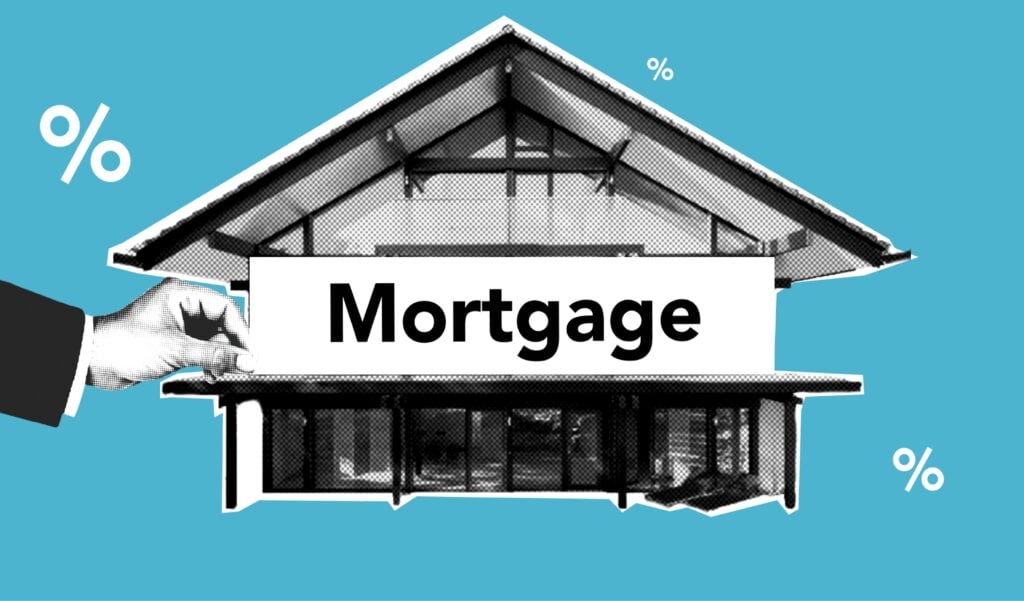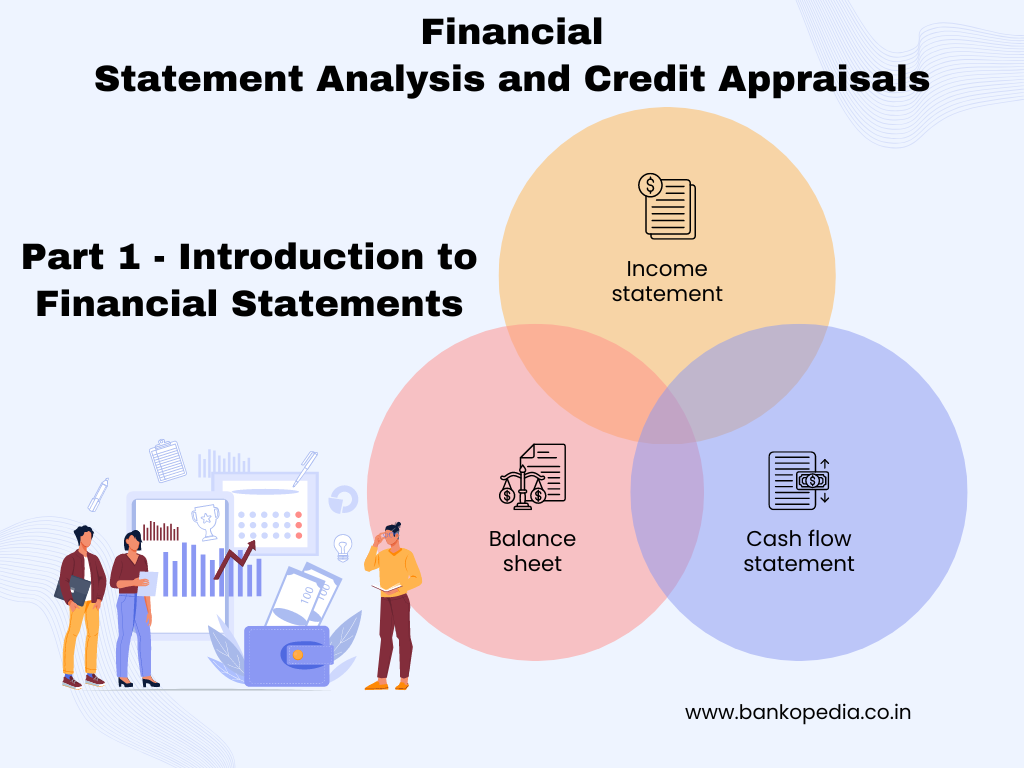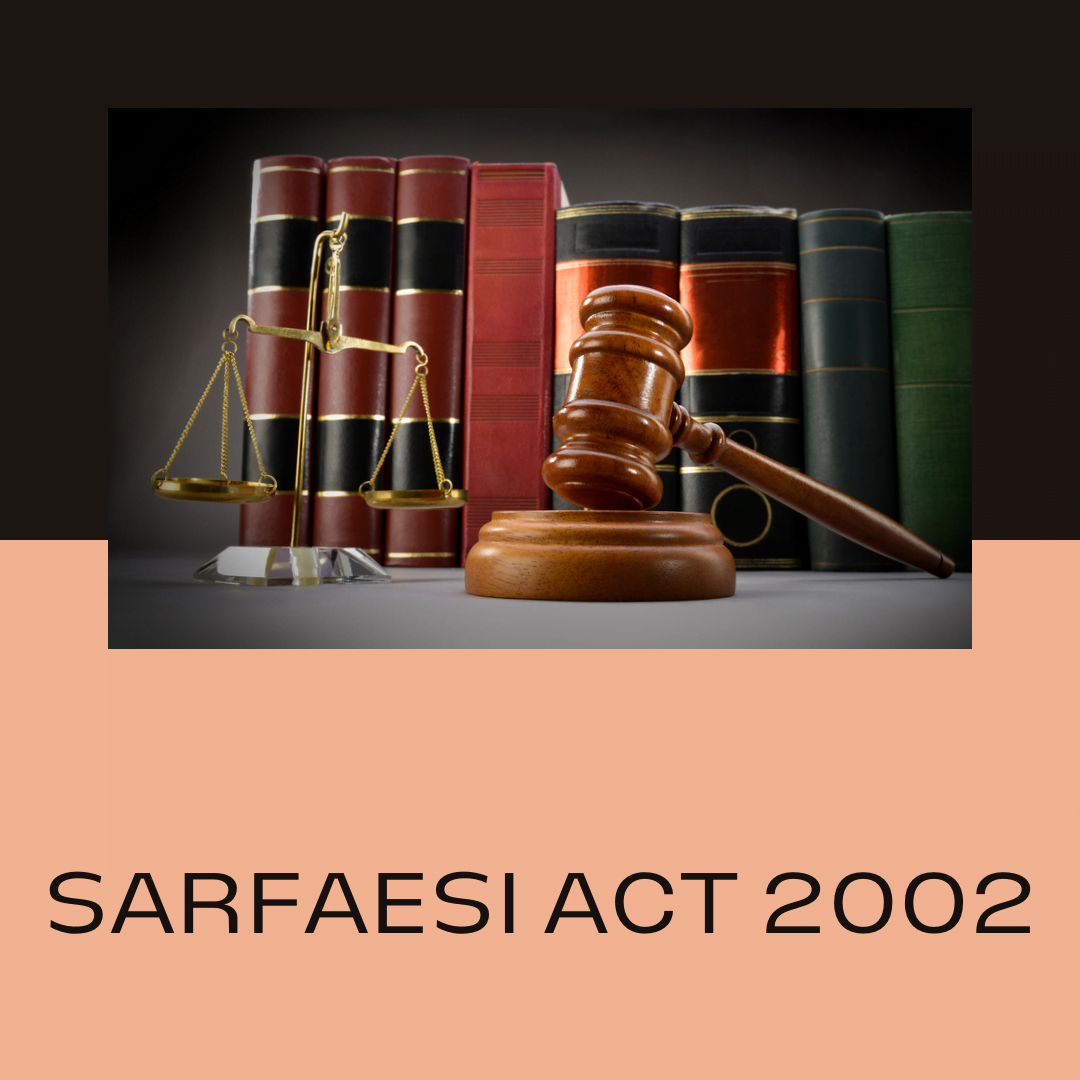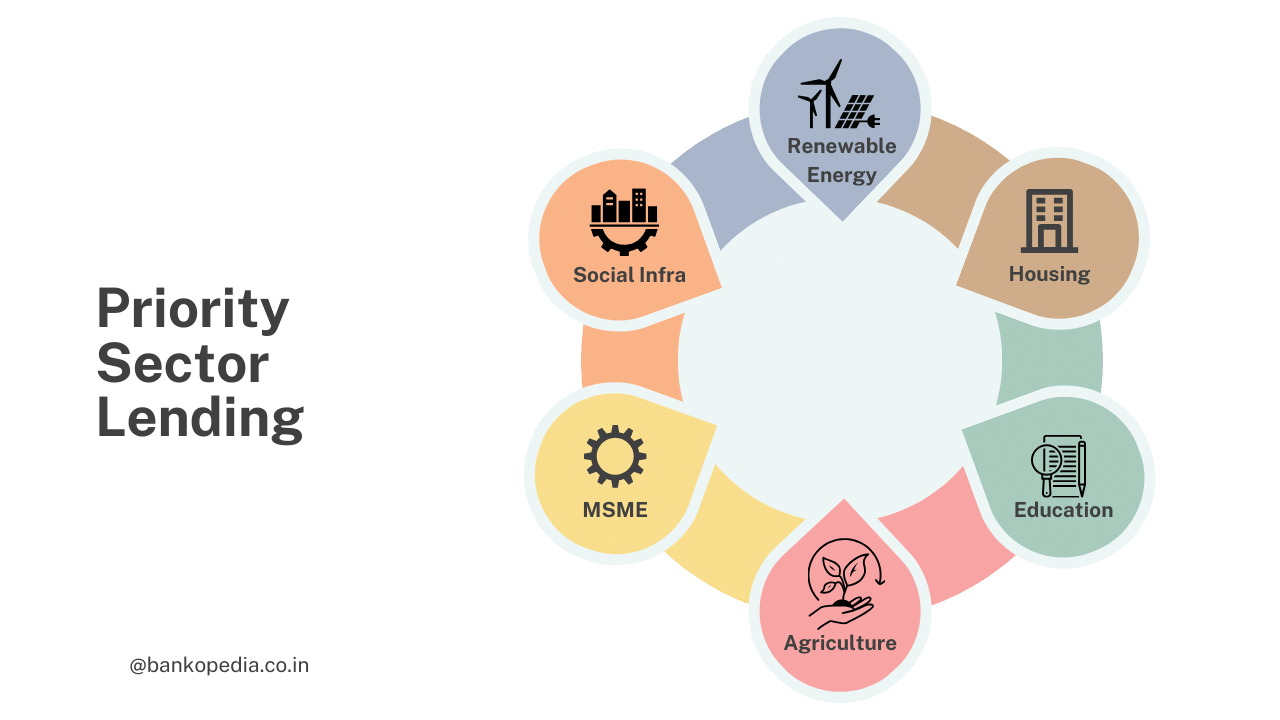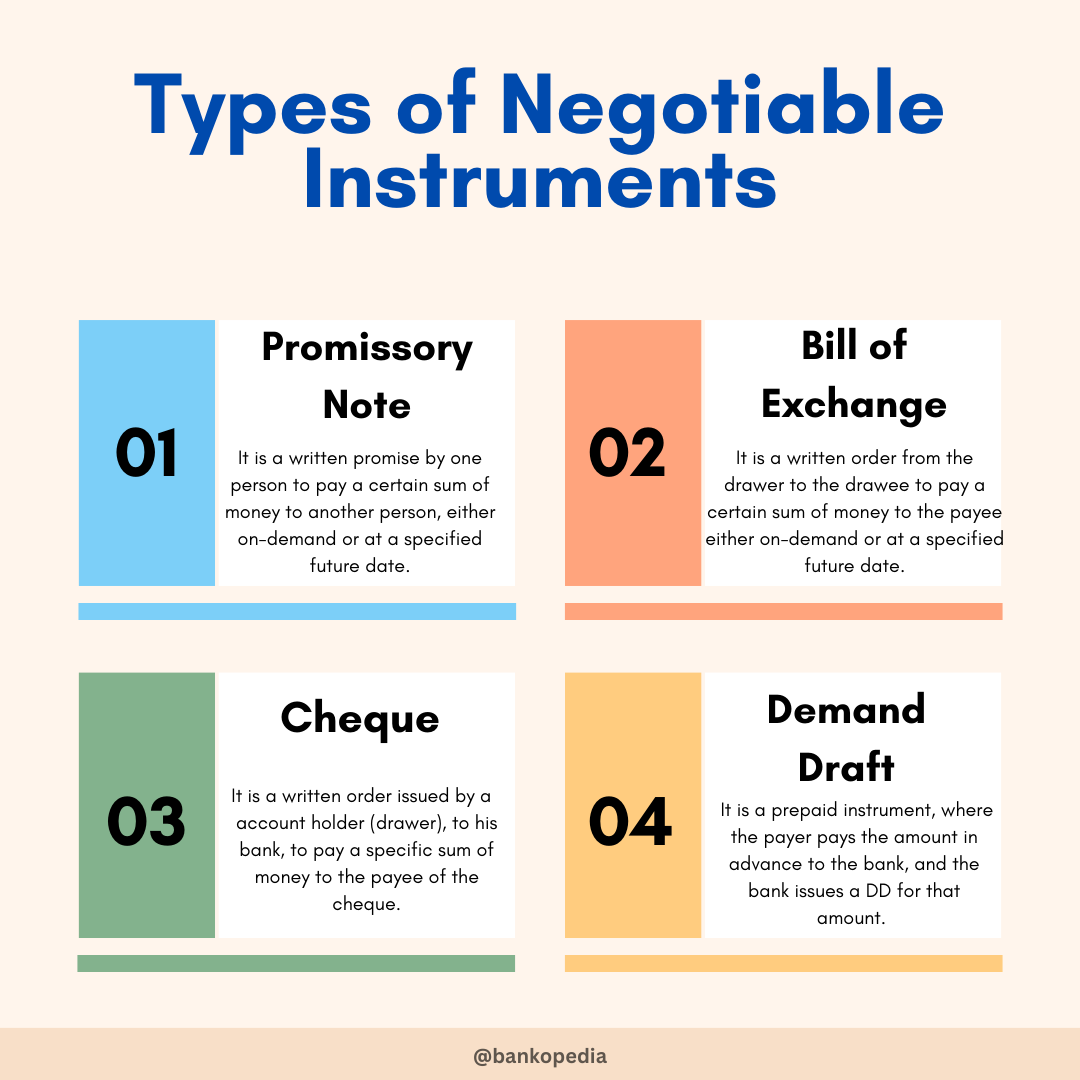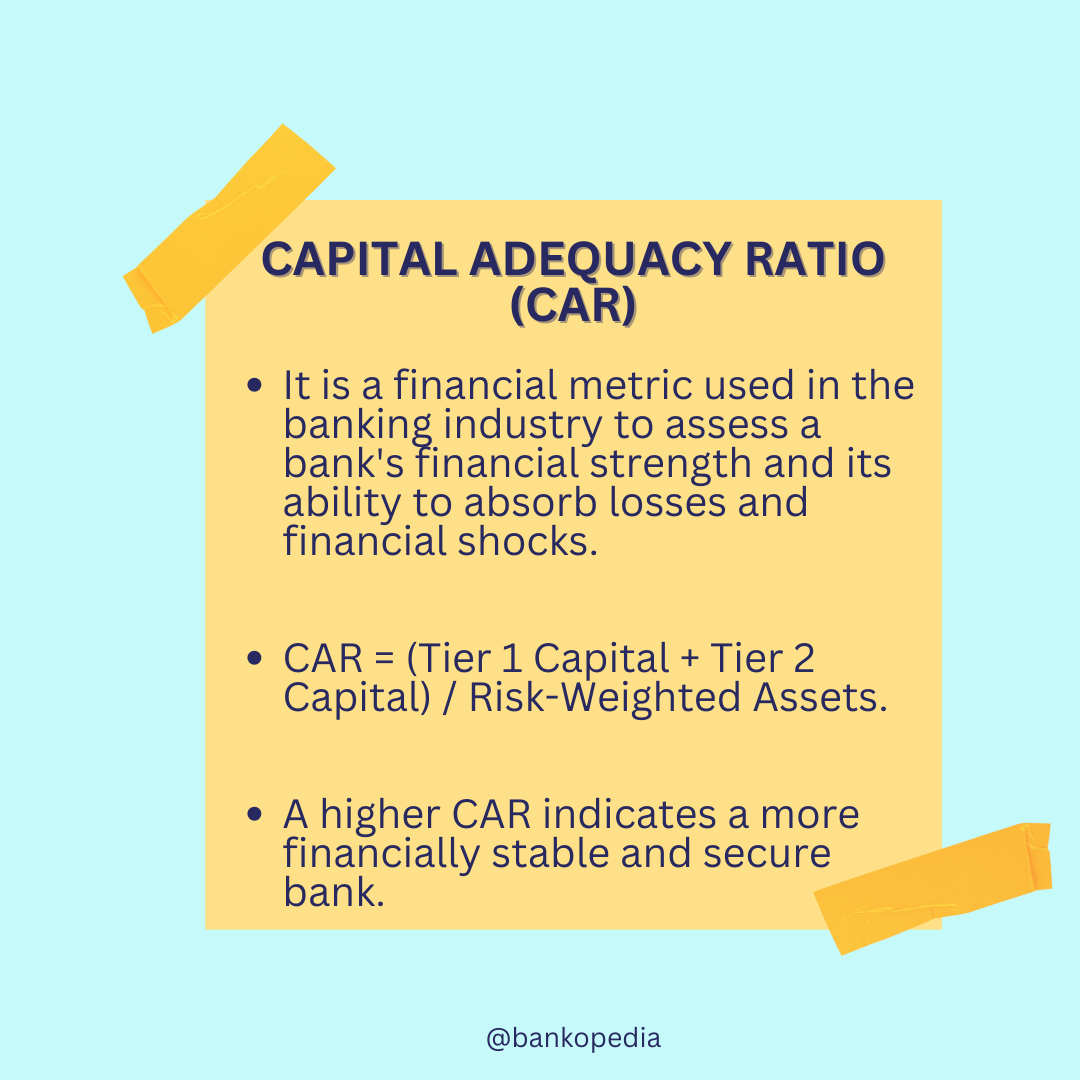When it comes to financing immovable properties in India, mortgages provide individuals with the necessary funds to purchase or invest in real estate. However, not all mortgages are the same, and it is essential to understand the different types available to make an informed decision. In this comprehensive guide, we will explore the types of mortgages for immovable properties in India, including conventional mortgages, equitable mortgages, registered mortgages, and more. Understanding these options will empower you to choose the most suitable mortgage for your property financing needs.

- Conventional Mortgage:
The conventional mortgage is the most common type of mortgage in India. It involves a direct financial transaction between the borrower and the lender, where the lender provides the loan amount in exchange for a lien on the property. The borrower repays the loan amount, including interest, through regular installments over the agreed loan tenure. - Equitable Mortgage:
An equitable mortgage is a type of mortgage where the lender receives an equitable charge or an interest in the property. It does not involve the transfer of ownership but provides security to the lender. Equitable mortgages are created by depositing title deeds or other documents related to the property with the lender. This type of mortgage is commonly used in cases where a formal registered mortgage is not feasible or required. - Registered Mortgage:
A registered mortgage is created by executing a mortgage deed and registering it with the appropriate authority, such as the Sub-Registrar’s Office. It provides legal recognition to the mortgage and offers greater security to the lender. The mortgage deed contains the terms and conditions of the loan, including the loan amount, interest rate, and repayment schedule. Registering the mortgage protects the lender’s rights in case of default by the borrower. - Usufructuary Mortgage:
Usufructuary mortgage, also known as the mortgage by conditional sale, allows the borrower to transfer possession of the property to the lender in exchange for the loan amount. The borrower retains the right to receive income or profits generated by the property during the mortgage period. Once the loan is repaid, the ownership is transferred back to the borrower. If the borrower defaults, the lender can sell the property to recover the outstanding amount. - English Mortgage:
An English mortgage involves the transfer of the property’s ownership to the lender as security for the loan. The borrower retains the right of redemption and can regain ownership upon complete repayment. If the borrower defaults, the lender has the right to sell the property to recover the outstanding debt. - Mortgage by Conditional Sale:
Mortgage by conditional sale is a type of mortgage where the property is transferred to the lender upon execution of the mortgage deed. However, unlike a sale, the transfer is subject to the condition that the ownership will be restored to the borrower upon repayment of the loan amount. This type of mortgage combines elements of a mortgage and a conditional sale. - Anomalous Mortgage:
Anomalous mortgage refers to any mortgage that does not fall into the specific categories mentioned above. It includes mortgage arrangements that may have unique terms, conditions, or legal implications based on the agreement between the borrower and the lender. Anomalous mortgages are typically created to meet specific financing requirements.
Conclusion:
Understanding the different types of mortgages available for immovable properties in India is crucial when financing real estate transactions. Whether you opt for a conventional mortgage, equitable mortgage, registered mortgage, or explore more specific options like usufructuary mortgages or English mortgages, each type has its features and benefits.
